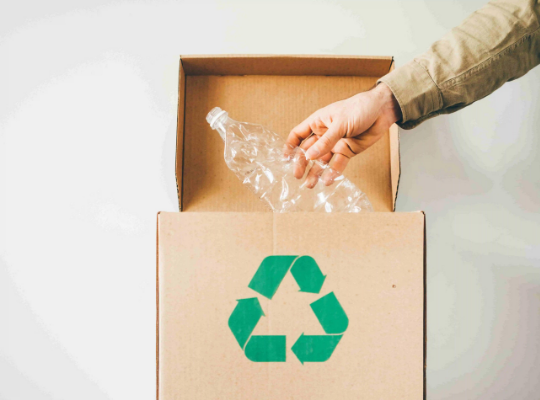Waste & material traceability solution for sustainable facilities

According to research conducted by Utrecht University, negotiation positions between municipal/ public waste collectors and producers/importers are damaged due to current regulations.
High costs that manufacturers cannot afford due to a lack of producer responsibility result in higher bills paid by the residents.
In addition, the research also found producer responsibility will not contribute to the circular economy in 2050. It seems the system cares more about costs than sustainability.
Municipal waste collectors’ industry association NVRD wants the authorities to act as soon as possible.
Emphasizing that municipalities are an important player in waste management, NVRD states they have a legal obligation regarding the collection, sorting, and application of wastes.
While this obligation applies to all waste streams, the manufacturer’s responsibility is limited to achieving specific recycling targets and considering its own waste stream.
A one-sided focus on cost efficiency provides limited incentives for sustainable material use and effective producer responsibility.
The researchers note the government has insufficient information and is dependent on manufacturers’ monitoring and data to impose sanctions on the same producers.
Government policy for a circular economy relies heavily on producer responsibility. In addition to producer responsibility for the packaging, electrical and electronic equipment, batteries, and mattresses, the government is currently working on producer responsibility for textiles and garbage.
Source: https://bit.ly/36Dv2dp